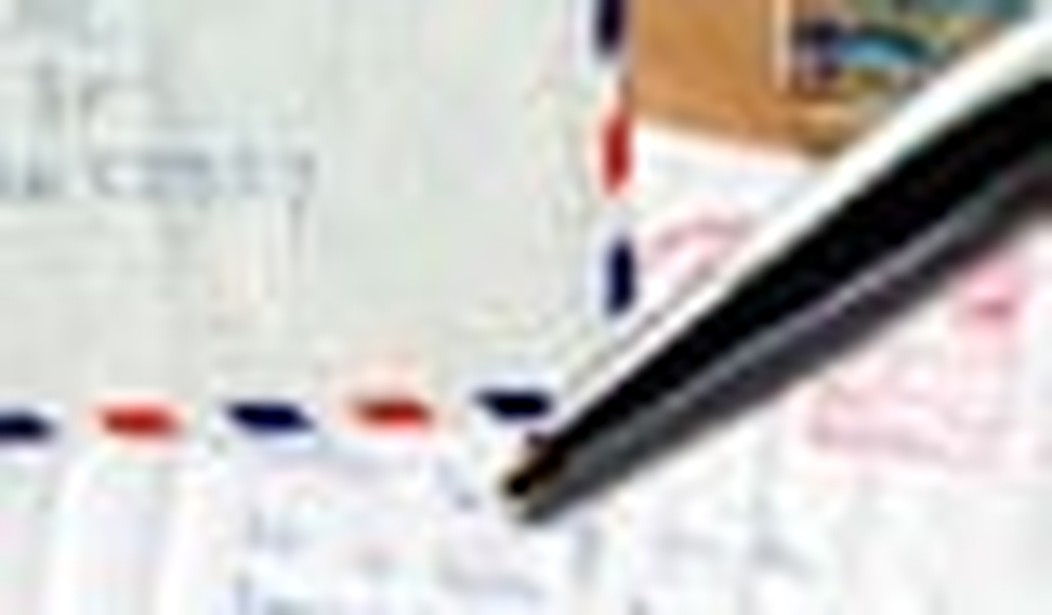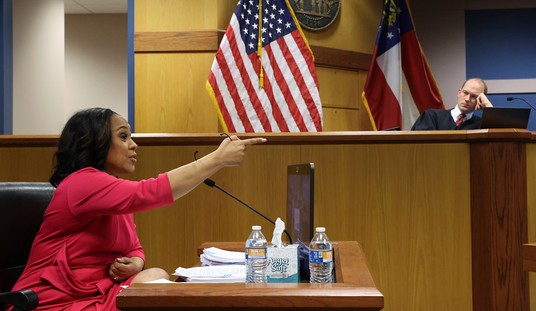Dear Roger,
Thanks for your extending our conversation in cyberspace. I welcome your questions, and expect more to follow.
I believe it is more than right for you to pose them, since I wrote you as a Muslim. In these times, Muslims do have a lot to answer for — and non-Muslims do have reason to be skeptical.
But I am a student of history, much more so than theology, and I trust you will grant me the following observation. We live not merely in the specificity of our time but in the stream of time. Were I to place myself at any point in time between the 4th century and the global European wars of the last century, it would not be inappropriate for me to ask why violence was so deeply embedded in Christians, if not Christianity itself. Would not Muslims, among other non-Christians, justifiably be cautious, if not fearful, of those who wore the cross?
And then, I check myself, seeing how silly I am to pose a question about the religion and its followers who bear the sign of the cross to someone who is a Jew or, as you indicate, a “skeptical agnostic” whose values and writings “have been deeply influenced by the American Jewish tradition.” Yet the purpose of asking the question as I did (and as someone of Jewish background, you are far more sensitive and aware of Christian violence than I could be) is not to indulge in polemics but to underscore a truism — we are creatures of history even as we make history.
Let me proceed then with the first few paragraphs of your reply to my letter.
You note you are flattered that I wrote you, but indicate you were not the right person to receive my letter since you are not “particularly religious.” But I did not write to you because you are religious, nor did I write a letter to engage in a “religious” discussion, whatever that might mean. My letter was prompted by a concern about the state of American politics, and what it meant to someone of my background who also happens to be a Muslim, since that is what my name indicates. And I took you to be someone Jewish without meaning to impute anything about your depth of faith or lack of it.
We met, as you recalled, at the banquet hosted by the American Jewish Congress in Los Angeles in September 2006. I was there in the company of Salman Rushdie, Wafa Sultan, Nonie Darwish and Tashbih Sayyed to receive the AJC Stephen S. Wise “Profiles in Courage” award. I was surprised to receive this invitation as much as I was surprised that my writings in the public media, for whatever they are worth, were read and considered to merit some recognition.
We shared a table and you told me a little about yourself. Since then I have followed your work at PJM. Your views about the drift of American politics of late prompted me to reconnect and share my similar concerns, which in turn derive from my deepest reflections over the nature of politics and society in the contemporary Muslim world. When a pre-modern culture implodes, and the new one that will eventually replace it is still waiting to be born, I can only describe the result as a convulsion of historic proportions.
I was born in Calcutta (Kolkata), India. I am younger than the generation Salman Rushdie spoke of as India’s “midnight’s children.” But my youth was bracketed by the great partition of India in 1947, which made such a mark on my parents’ and grandparents’ generations, and my direct experience of the calamitous break up of Pakistan in 1971. I was among those fortunate to escape from what can only be described as a genocide in East Pakistan, now Bangladesh. Though I came to Canada nearly four decades ago, I very clearly remember the evil that men do.
Those who instigated and reveled in the killings I witnessed are the same people who turned or squeezed Islam into a slogan fit today only for the likes of the Muslim Brotherhood. Whatever be their number as a percentage, this segment of the total Muslim global population has infected a faith, a culture, and once a civilization that rivaled all its contemporaries. In a healthy body, one that keeps pace with changes wrought by time, such a turgid and toxic virus would be contained and expunged. But Islam as a civilization, failing to adapt or innovate, has shriveled over time (Toynbee would remind us this is a natural process of birth, growth and decay, affecting all civilizations); instead of possessing the vitality to resist, a significant portion of the body of Islam has been incapacitated.
So, Roger, imagine someone shooting a moving picture of the world of Islam in our time and freezing the frames that illustrate in graphic detail the effects of the toxin at work: frames of wild and angry men chanting threatening slogans, wreckages of violence and terrorism committed in the name of Islam, ignorance and bigotry dressed as divinely based knowledge. I am then asked to confirm that what I believe and practice, my upbringing, my education, the sum total of my studies and travels, all amounts in essence to what these pictures reveal of Islam. I am further asked what is required of non-Muslims when confronted with such widespread mayhem. What am I to say?
This situation in which Muslims of a persuasion and faith like mine find themselves is not unique. Consider the Japanese, confronted with their history of rape and violence during the first half of the last century. The frozen frames are merely a portion, and not the entire story, of Islam. Yet the pictures are true — and they depict Muslims engaged in unforgivable behavior. I condemn what I see categorically, while maintaining that the Islam depicted in the pictures is not my Islam.
I do, however, understand the sickness of Muslims depicted in the pictures. This is not to make apologies on their behalf, nor absolve them of their crimes. Yet I am told by non-Muslim critics of Islam that I am dishonest, or I am dissembling, or that my faith is so weak and corrupted by alien influences that I cannot be counted as a Muslim. These critics have made a direct correlation between the freeze frame and Islam, reducing my faith to a set of bloody images and an accompanying political ideology. Though the Muslim Brotherhood insists that Muslims such as myself are apostates, these critics dare to claim that my faith is but a variation of theirs.
So let me be clear: I speak with you entirely as an individual Muslim, one who belongs to no party or organization run by Muslims for Muslims. Since 9/11 I have not stepped inside the mosques in the city in which I reside. Those who run them have publicly condemned me for not being a “good” Muslim, just short of calling me an apostate. I am not a “good” Muslim to these authorities and their supporters because, in addition to condemning Muslim terrorism without equivocation, I defend measures needed by western powers, including Israel, to contain, neutralize and defeat political Islam, or Islamism.
In my letter to you, I expressed my fear of how a culture of narcissism (as Christopher Lasch called it) and political correctness (as Allan Bloom laid bare in The Closing of the American Mind) have contributed to the present situation in American politics that you and I deplore. What I implied is that America’s retreat from its role as leader of the West will mean an absence of an effective check to the malady that has brought ruin to the Muslim world, and that this affliction will spread. An isolationist America and a weakened West, its Enlightenment values irreparably corroded, is ominous for everyone who loves freedom.
Though I come from within the body of the majority mainstream Sunni Islam of the Hanafi school of Islamic rites, to which most Muslims in South Asia, Central Asia and Southeast Asia belong, I am cognizant and respectful of the diversity of traditions within Islam and among Muslims. Though weakened in recent times, it must be recognized despite the media’s understandable preoccupation with the convulsions of the Muslim world. We must especially resist the malicious efforts of those, such as the Muslim Brotherhood, who crudely insist — to their own perverse advantage — that Islam is monolithic.
Let me pause here for now, and I will return shortly.
Salim









Join the conversation as a VIP Member